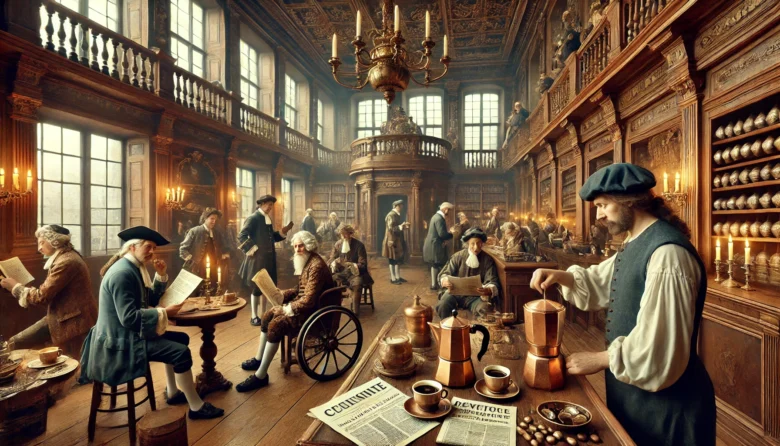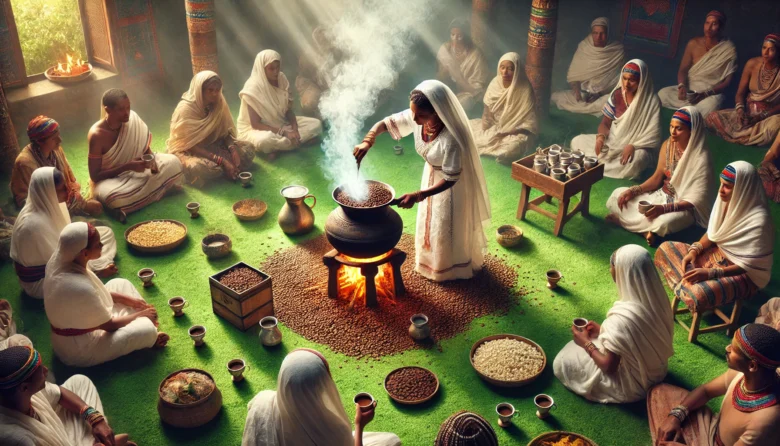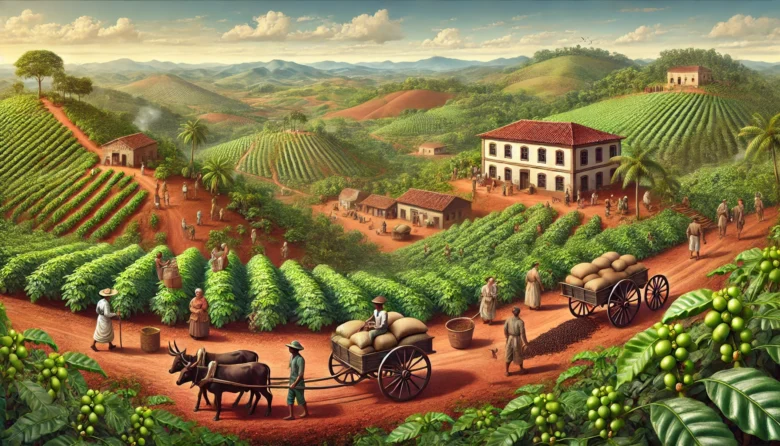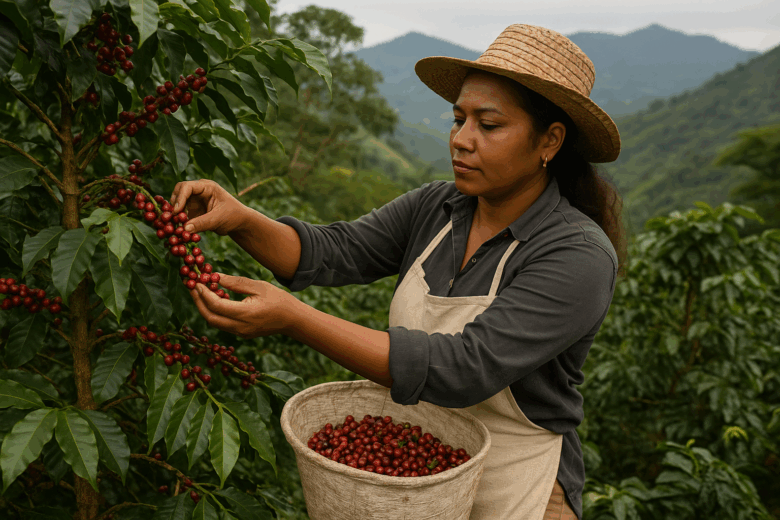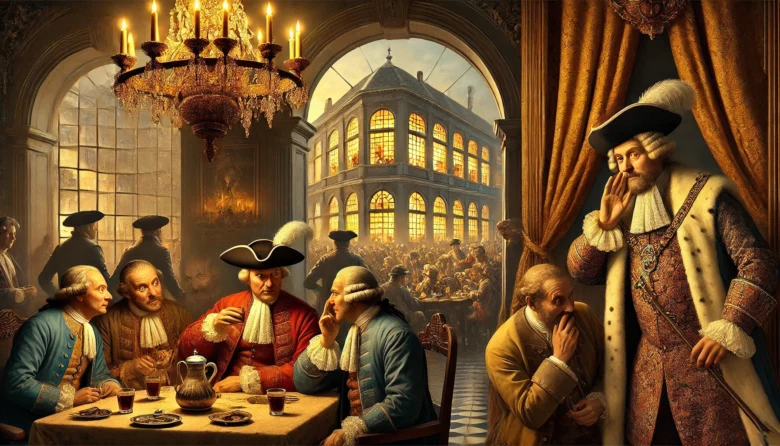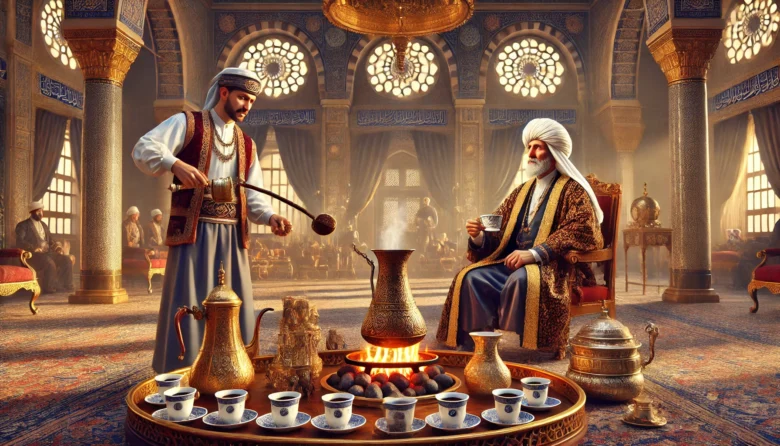Long before cafés became modern symbols of comfort and creativity, they served as engines of transformation in 17th-century Europe. Coffeehouses were radical spaces—fueling enlightenment, economic change, political discourse, and cultural revolution. As the coffee bean traveled from the Islamic world to European cities, it brought with it a social custom that would change the continent …
Long before cafés became modern symbols of comfort and creativity, they served as engines of transformation in 17th-century Europe. Coffeehouses were radical spaces—fueling enlightenment, economic change, political discourse, and cultural revolution. As the coffee bean traveled from the Islamic world to European cities, it brought with it a social custom that would change the continent …
Ethiopia is widely recognized as the birthplace of coffee, but its importance goes far beyond history—it is also home to one of the world’s most beautiful and meaningful coffee traditions: the Ethiopian coffee ceremony. This elaborate ritual is a cornerstone of Ethiopian hospitality, culture, and community life. In this article, we’ll explore the significance, process, …
Brazil is synonymous with coffee. As the world’s largest producer for over 150 years, its influence on the global coffee industry is undeniable. But Brazil’s coffee story is more than just numbers—it’s a tale of economic transformation, labor struggles, environmental shifts, and cultural identity. In this article, we’ll explore the origins of Brazil’s coffee boom, …
Coffee has long been celebrated for its bold flavors and rich cultural history. But behind the steaming cups and global trade lies a truth often overlooked: women have played a central—yet underappreciated—role in the story of coffee. From farm to cup, women have shaped the industry through cultivation, commerce, art, and activism. Their stories are …
Coffee is a beverage with a rich aroma and even richer history. While its social and cultural impact is widely celebrated, its ties to colonialism, empire-building, and exploitation are often overlooked. Behind every cup brewed in Europe or the Americas during the colonial era was a global supply chain fueled by conquest, forced labor, and …
Coffee may be the peaceful companion to your morning routine today, but centuries ago, it was seen as something far more radical. In the courts of kings and sultans, coffee wasn’t just a beverage—it was a threat. Across the Islamic world and Christian Europe, rulers once feared coffee because of its association with intellect, rebellion, …
The Ottoman Empire was not only a political and cultural powerhouse for centuries, but also a key player in transforming coffee from a spiritual drink into a refined, luxurious, and highly social tradition. With its spread from Yemen to the Ottoman court and beyond, coffee became embedded in the empire’s daily life, rituals, and identity. …
